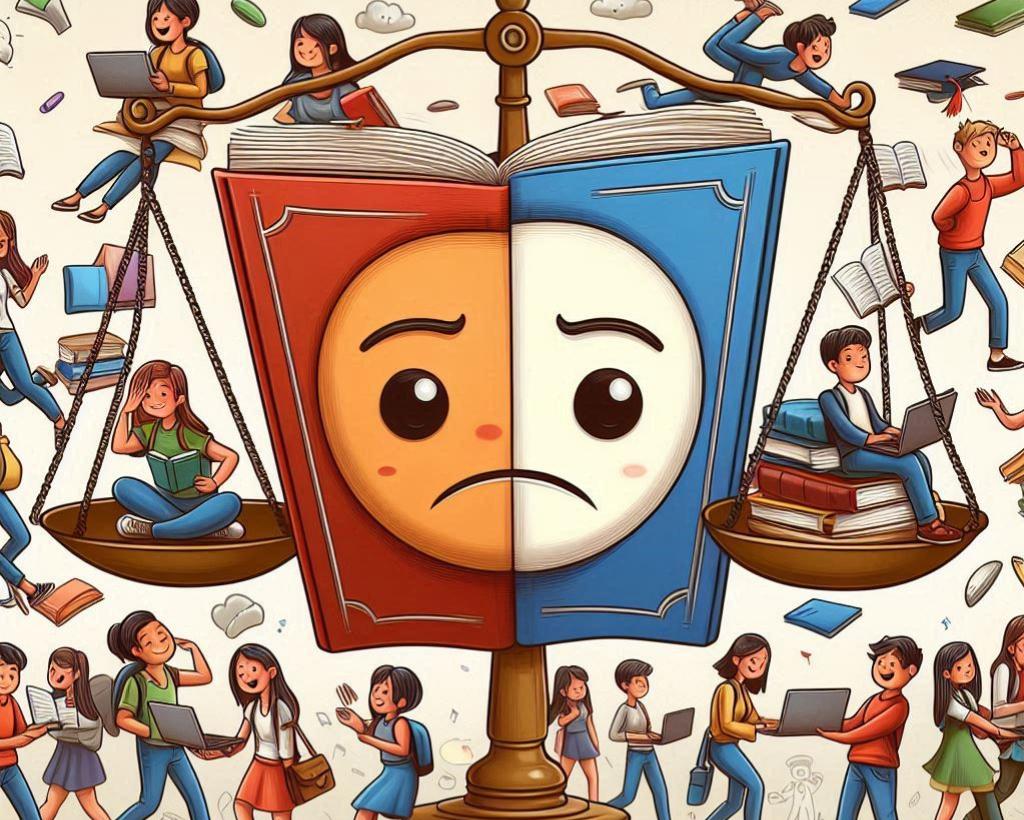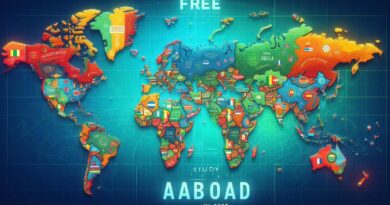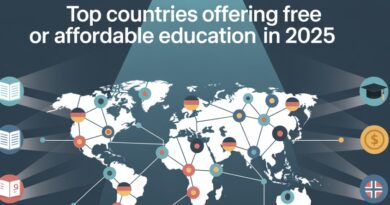Why Education Is Both a Blessing and a Burden in Today’s World
Introduction
Education has long been hailed as the key to unlocking personal potential, a golden ticket to opportunity, and the backbone of civilized societies. But as the world rapidly evolves, this once-unquestioned asset has taken on a dual identity. Today, education is not just a pathway to success—it’s also a source of overwhelming pressure, mounting debt, and inequality. The very system that promises freedom and enlightenment often becomes a labyrinth of stress, competition, and disappointment.
We live in a time when having a degree doesn’t guarantee a job, and where knowledge is both accessible and commodified. While some celebrate the digital transformation of classrooms and curriculum innovation, others mourn the loss of creativity and mental well-being in an increasingly standardized and rigid system.
So, how did we get here? Why does education, once a sacred blessing, now feel like a burden for so many? This article explores both sides of the coin, digging deep into the blessings and burdens of modern education and offering insights into how we can reform the system for a better future.
The Historical Value of Education
Historically, education was a privilege reserved for the elite. In ancient civilizations like Greece, Egypt, India, and China, learning was a luxury, tightly interwoven with social hierarchy and religious influence. Only those in power or with noble lineage could afford to be educated, and even then, the purpose of education was philosophical, spiritual, and often limited to specific gender roles.
In ancient Greece, for instance, education was about developing a well-rounded individual—someone skilled in reasoning, arts, and athletics. Socrates, Plato, and Aristotle emphasized critical thinking over rote memorization. In contrast, ancient India’s gurukul system focused on holistic learning under a single mentor, combining spiritual, intellectual, and physical training.
Fast forward to the industrial revolution, and education underwent a massive shift. It was transformed into a tool for workforce preparation. Schools became factories for producing disciplined workers, and the goal shifted from personal development to economic utility.
As societies progressed, education became more democratized, with universal access becoming a priority for many governments. Yet, the original spirit of education—as a means of enlightenment and freedom—got buried under bureaucracy, exams, and career competition. In today’s world, education is no longer just about learning; it’s about surviving in an ultra-competitive, fast-paced society.

Education as a Blessing
Empowerment and Self-Confidence
One of the greatest gifts education can offer is the sense of self-worth and empowerment it provides. Knowledge is power—not just in a metaphorical sense, but in a deeply personal one. When individuals learn how the world works, understand their rights, and discover their abilities, they naturally become more confident and independent.
Think about a child from a disadvantaged background who learns to read and write for the first time. That single skill can open doors that once seemed permanently shut. They can now navigate signs, fill out job applications, or advocate for themselves. Education can transform lives from passive survival to active participation in society.
Moreover, education equips people with decision-making skills. It teaches us to ask questions, seek truth, and evaluate options. These are the tools that empower people to make informed choices—about their health, careers, relationships, and even politics.
It also boosts self-esteem. Accomplishing educational milestones—whether passing a test, earning a degree, or completing a course—gives individuals a tangible sense of achievement. This internal validation builds resilience and the courage to take on more challenges, both academic and personal.
In essence, education is a foundational pillar for anyone seeking a voice in the world. Without it, empowerment is limited; with it, possibilities are endless.
Career Opportunities and Financial Growth
Let’s be honest—one of the primary reasons most people pursue education is for better job opportunities. It’s the ladder that’s supposed to take us from aspiration to achievement, from struggle to stability. In most societies, education is seen as the ultimate path to upward mobility.
Statistically, individuals with college degrees earn more over their lifetime than those without. The gap may be narrowing in some sectors, but the general trend still favors educated workers. Education unlocks doors to careers in medicine, engineering, law, business, and countless other fields that would otherwise remain out of reach.
Beyond salary, education also offers job security. In economic downturns, workers with higher education levels are less likely to be laid off. They’re more adaptable, often more skilled, and have access to a broader range of industries.
But it’s not just about financial gain. With education comes the opportunity to do meaningful work—whether that’s teaching the next generation, designing sustainable cities, or developing lifesaving medicine. It allows people to pursue passions and make a difference.
That said, this benefit isn’t universal. The harsh truth is that a degree doesn’t guarantee success anymore. The job market is saturated, and many graduates find themselves underemployed. Still, having an education often puts you in a stronger position to navigate these challenges than having none at all.



